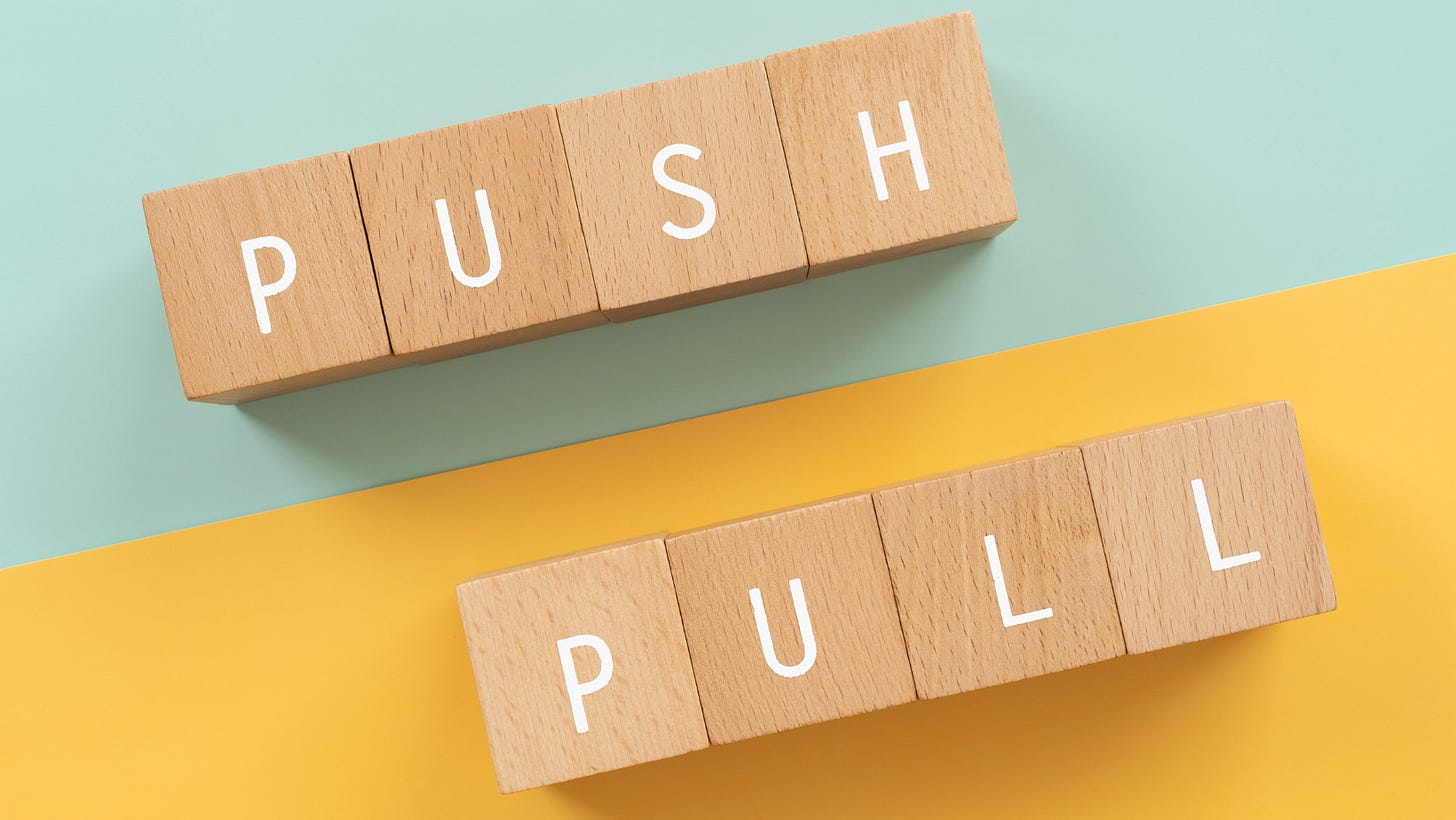Overcoming Insecure Attachment with AuDHD
How Does Attachment Trauma Impact AuDHD?
Hi TrauDHD Tribe! 👋
Did you know that people with autism and ADHD often have insecure attachment styles? It can be either anxious (where you're clingy and get anxious when you think people will leave you) or avoidant (where you keep people at arm's length and don't want to get too close).
And of course, opposite attachment styles can attract each other, leading to tension and conflict in relationships. 😵💫
But here’s what’s interesting: distinguishing between attachment and AuDHD is difficult because attachment trauma may worsen our neurodivergent traits. For instance, both ADHD and insecure attachment can amplify emotional experiences, making it more challenging for us to form and maintain healthy relationships.
Luckily, you can change your attachment style! Here are a few strategies to consider:
Accept your negative emotions and schedule time to vent. Your moods and feelings might be all over the place, so it's important to find ways to let off steam. Talk to someone you trust, get moving with some exercise, or try something new to shake things up. Remember that negative feelings will pass and you don't need to blame yourself or others for them.
Boost your mental well-being with positive self-talk. Tell yourself something new and positive, even if it feels weird at first. It might seem small, but over time, this can help you create new, healthier thought patterns that can help you feel better about yourself and your life.
Explore how your attachment issues and AuDHD interact by discussing them with your partner. For instance, anxious attachment may intensify emotional reactions to mixed signals, and the neurodivergent tendency to seek clarity through questioning can exacerbate this effect. Recognizing these patterns and being able to discuss them openly can help improve communication between the two of you.
Reduce whatever uncertainty in your life you can control. Uncertainty can be a real pain for neurodivergent folks, especially when it comes to relationships. It can trigger all sorts of anxiety, making our attachment issues even more challenging to deal with. To keep our heads above water, it's important to create a daily routine and eliminate as much uncertainty as we can. A visual routine can be a helpful tool to keep us grounded and feeling more stable, which can make us happier overall.
Consider trying (EMDR) therapy to heal from relational trauma. It's tough to go it alone, so look for a therapist who understands both neurodivergence and attachment issues. With the right support, you can overcome past trauma and build strong, meaningful relationships.
Neurodivergently yours,
Magali


